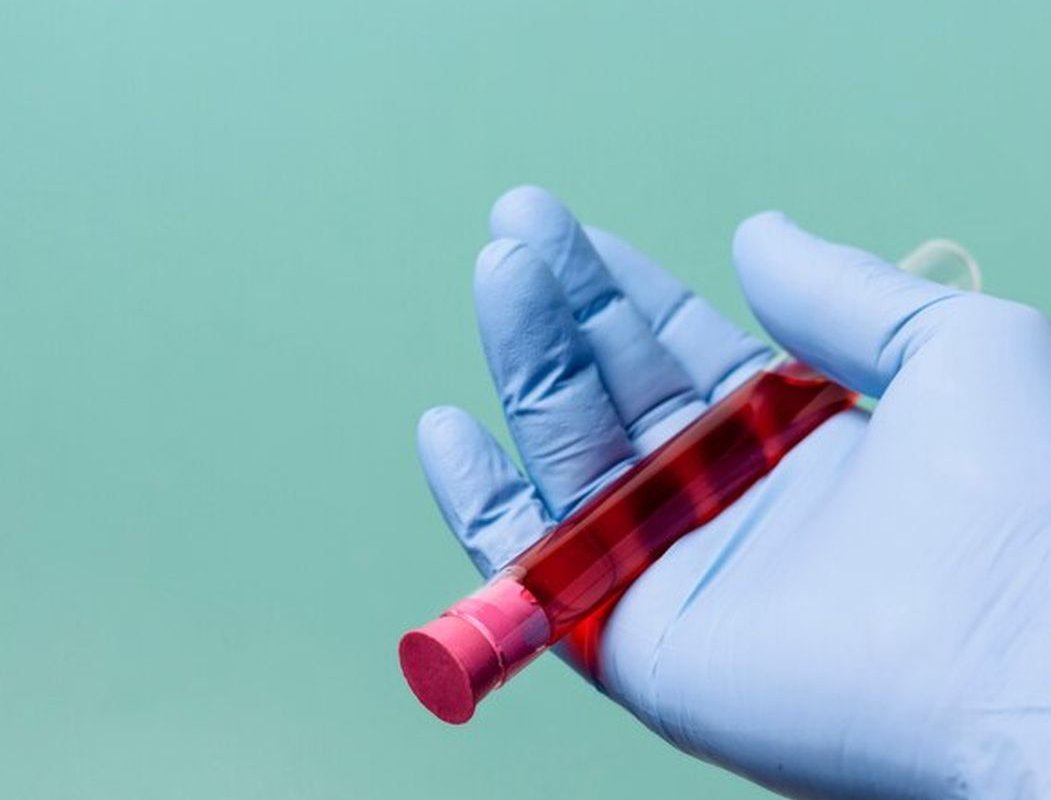
Gastroenterologist Dilyara Lebedeva told how to properly prepare for a biochemical blood test. She urges not to eat fatty foods or drink alcohol on the eve of a visit to the laboratory.
Key rules to ensure that the results are as reliable as possible:
1. Donate blood strictly on an empty stomach. Do not eat for 8 to 12 hours before your blood is drawn. You can drink still water.
2. On the eve of the study, you should not eat fatty foods or drink alcohol.
3. Avoid physical activity and smoking 30 minutes before the test.
—A laboratory diagnostic method that allows you to evaluate the functioning of specific internal organs, metabolic features, the hematopoietic system, the level of microelements, wrote doctor on his blog.
A biochemical blood test is a laboratory diagnostic method that allows you to assess the functioning of internal organs (liver, kidneys, pancreas, gall bladder and others), metabolism (metabolism of lipids, proteins, carbohydrates) and the need for microelements. This analysis is carried out to monitor the state of health and after suffering infectious or somatic diseases.
The results of a biochemical blood test may include the following indicators:
Total protein – reflects the state of protein metabolism and liver function.
Hemoglobin is the main component of red blood cells, responsible for the transport of oxygen.
Haptoglobin is a blood plasma protein that binds hemoglobin when it is in excess.
Glucose is the main source of energy for the body’s cells.
Urea is a protein breakdown product and reflects kidney function.
Creatinine is an indicator of muscle and kidney function.
Cholesterol is involved in the synthesis of hormones and cell membranes.
Bilirubin is a pigment formed during the breakdown of hemoglobin and reflects liver function.
AlAT (ALT) – an enzyme involved in the metabolism of amino acids, indicates liver function.
AST (AST) – an enzyme involved in the metabolism of amino acids, indicates the function of the heart and muscles.
Lipase is an enzyme that breaks down fats and is involved in the digestion of food.
Alpha-amylase is an enzyme that breaks down starch and glycogen and is involved in digestion.
Pancreatic amylase is an enzyme produced by the pancreas that is involved in the digestion of food.
Read also: Urologist Smernitsky: irregular sex life negatively affects libido
More on the topic: Important for hypertensive patients: what is persistently high blood pressure
You can read: Endocrinologist Kvasova: good sleep affects weight and is important for the central nervous system
Important! Information is provided for reference purposes. Ask a specialist about contraindications and side effects and under no circumstances self-medicate. At the first signs of illness, consult a doctor.
Dilyara Lebedeva Medicine gastroenterologist
